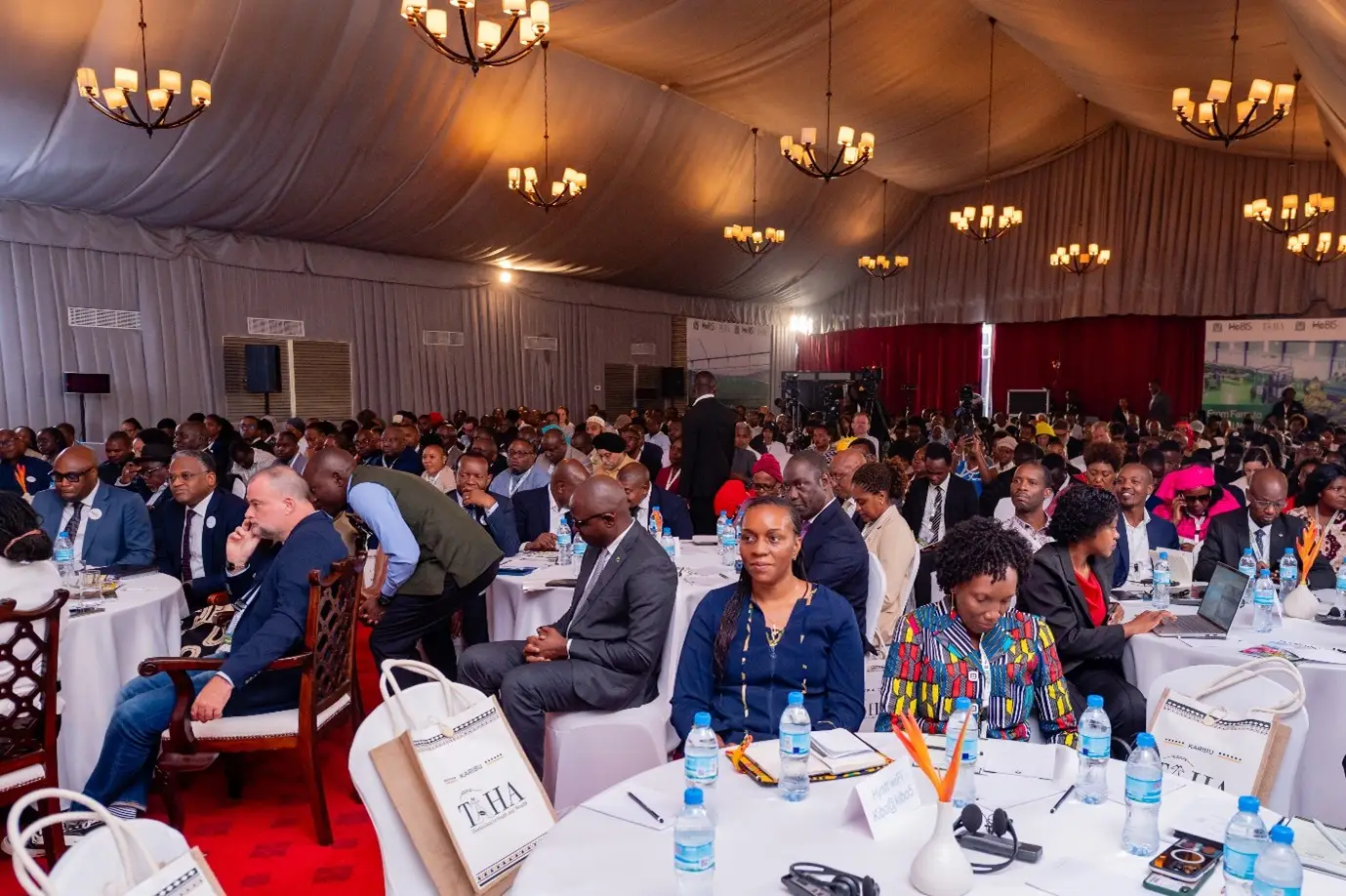Dar es Salaam, 18 November 2025: Tanzania’s horticulture sector is shaping a more predictable and commercially viable future for farmers and agribusinesses as coordinated reforms and targeted investment strengthen market access and improve compliance systems. This direction was evident at the Horticulture Business and Investment Summit, HoBIS 2025, where over 400 growers, exporters, policymakers, financiers and development partners met in Dar es Salaam to agree on priorities for the sector’s next phase.
Evidence presented by TMA at the summit highlighted how interventions are beginning to shift outcomes for farmers. According to TMA through its partnership with Tanzania Horticultural Association (TAHA), more than 10,000 avocado farmers in the Southern Corridor now supply 24 off takers directly, reducing intermediary costs and giving farmers more predictable returns. GLOBALG.A.P certification has opened doors to European and Asian markets, with supported enterprises anticipating around 20% annual growth in export values and approximately $5 million in new sales each year. TMA also reported that women, young people and persons with disabilities constitute 40% of the 700 direct and 3,000 indirect jobs created in supported chains.
The Summit, hosted by TAHA with funding from Norway and Ireland through TradeMark Africa (TMA), was convened in partnership with the Ministry of Agriculture and the Cereals and Other Produce Regulatory Authority (COPRA). Delegates examined how streamlined policies, stronger logistics and reliable standards systems can enable farmers and enterprises to respond to rising regional and global demand.
Opening the Summit, Dr Jim James Yonazi, Permanent Secretary in the Prime Minister’s Office (Policy, Parliament and Coordination), who served as Guest of Honour, observed that the sector’s expansion was beginning to influence national planning in clearer and more practical ways, stating. “We are seeing horticulture move from the margins of agriculture to a position where it shapes policy choices. Our aim is to ensure regulations and public investment keep pace with this shift.”

From left: Mr Gerald Mweli, Permanent Secretary at the Ministry of Agriculture; Dr Jim James Yonazi, Permanent Secretary in the Prime Minister’s Office (Policy, Parliament and Coordination) and Guest of Honour; and other senior representatives including Dr Jacqueline Mkindi, Chief Executive Officer of TAHA (second right), at the Horticulture Business and Investment Summit.
Speaking on behalf of Honourable Mizengo Pinda, Former Prime Minister and Chair of the Presidential Food and Agriculture Delivery Council, Geoffrey Kirenga, CEO, Agricultural Growth Corridor of Tanzania (AGCOT), stressed the need for follow-through. “The sector cannot rely on goodwill alone. It requires investment in the backbone infrastructure that makes trade work – cold chain systems, certification and the technology that provides traceability,” he noted.
TAHA’s Chief Executive Officer, Dr Jacqueline Mkindi, underpinned the connection between sector performance and household incomes. “Farmers depend on systems that work reliably. When those systems function, incomes stabilise and enterprises can plan. Our task is to keep the sector on a path where growth is matched by capability,” she said. Dr Mkindi also reiterated TAHA’s objective of raising horticulture revenue -from the current $569 million to $2 billion by 2030, as outlined in its policy framework.
Representing development partners, TMA Country Director Elibariki Shammy highlighted the importance of predictable rules and functioning logistics. “When standards and logistics are consistent, farmers have a fair chance of competing. Our partnership with TAHA is designed to reinforce these fundamentals and reduce the uncertainty producers face,” he said.

A significant development at HoBIS 2025 was the launch of the International Horti Logistica Africa Exhibition, officiated by Dr Jim Yonazi, Permanent Secretary in the Prime Minister’s Office responsible for policy, parliament and coordination. “The exhibition offers a space where ideas can be tested against reality. It brings together the people who shape the technical side of trade – buyers, logistics providers and researchers,” Dr Yonazi said.
Across the two days, discussions examined the practical levers of competitiveness: access to finance, export requirements, investment flows and the reliability of cold chain and transport networks. Field visits to a commercial mango farm in Mkuranga and a packaging manufacturing facility in Dar es Salaam offered delegates a view of how logistics and technology influence value addition.
Support for HoBIS extended across the sector’s wider partnership landscape. TAHA acknowledged contributions from organisations investing in horticulture transformation, including Sida, Azania Bank, AGRA, Greencert Ltd, TAHAFresh Handling Ltd, NMB, Swissport, Eshet Eilon, and Equity Bank. Their involvement reflected a common assessment that horticulture’s prospects depend on systems that are efficient and reliable.
The Summit closed with agreement on the priorities for the next phase. Stakeholders emphasised predictable financing, consistent standards and improvements to cold chain and transport systems. They stressed that delivering the Horticulture Vision 2030 will require discipline, coordination and an emphasis on execution rather than declarations.
HoBIS, which is set to become an annual event held on 1 August as part of the official opening of the National Farmers Fair-Nanenane, reaffirmed the sector’s role in supporting incomes, enterprise growth, and export competitiveness. With more coherent policies, targeted investment, and partnerships that address real constraints, Tanzania is better placed to build a horticulture sector that connects farmers to markets with confidence and fairness.
-ENDS-


